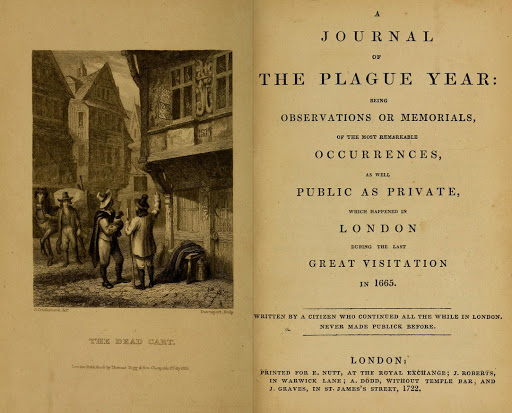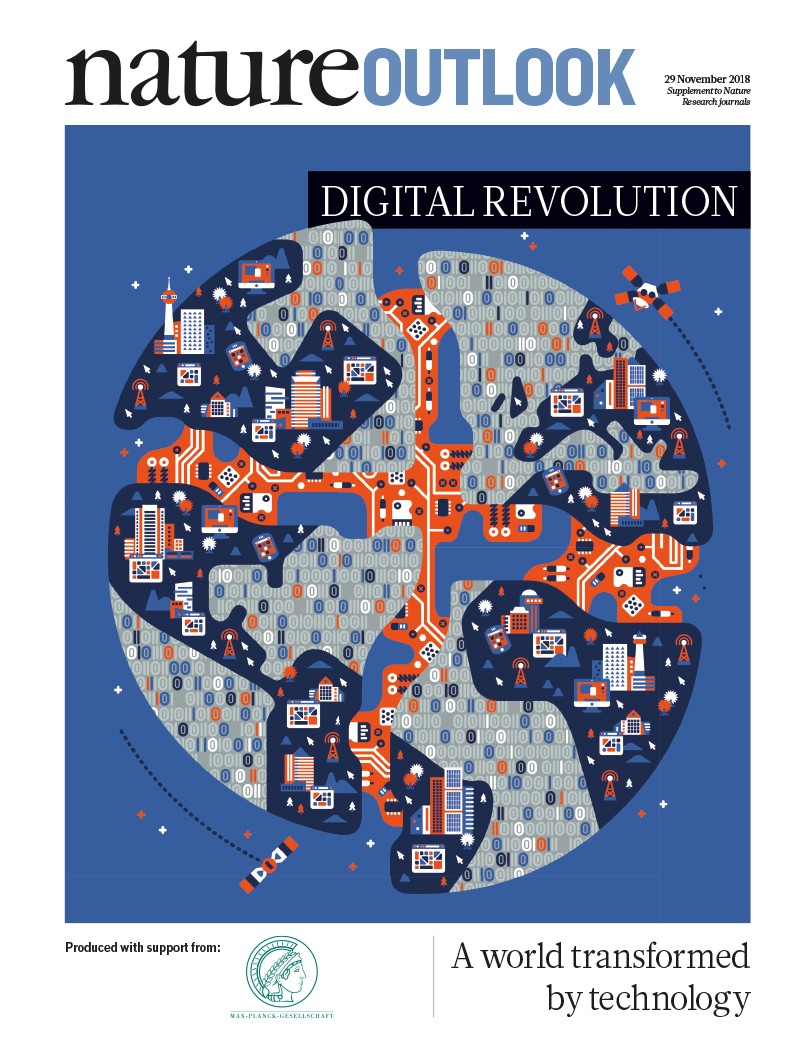 Read The Office of Gardens and Ponds (in French), by Didier Decoin [whom John l’Enfer I read more than forty years ago, with no lasting memories!], another random book found in the exchange section of our library! While a pastiche of Japanese travel novels, the book is quite enjoyable and reminded me of our hike on the Kumano Kodō routes, two years ago. The tale takes place in 12th Century Japan and tells of the epic travel of a widow to the capital, Kyoto, carrying live carps for the gardens of the emperor. While some sections are somewhat encyclopedic on the culture of medieval Japan [and I thus wonder how Japanese readers have reacted to this pastiche], the scenario is rather subtle and the characters have depth, incl. the dead husband. The scene of the perfume competition is particularly well-imagined and worth reading on its own. I figure I will not bring the book back. (Warning: this book was voted a 2019 winner of the Bad Sex Award!). Also read Patti Smith’s Devotion, which was one of my Xmas presents. I had never read anything but Smith’s songs, since 1976 (!) with Horses, missing by little some of her concerts as on the week I was in Rimini… The book is quite light, and not only length-wise, made of two travel diaries in (to?) Paris and in (to?) Southern France, where she visits Camus’ house, and of a short story she writes on the train. While the
Read The Office of Gardens and Ponds (in French), by Didier Decoin [whom John l’Enfer I read more than forty years ago, with no lasting memories!], another random book found in the exchange section of our library! While a pastiche of Japanese travel novels, the book is quite enjoyable and reminded me of our hike on the Kumano Kodō routes, two years ago. The tale takes place in 12th Century Japan and tells of the epic travel of a widow to the capital, Kyoto, carrying live carps for the gardens of the emperor. While some sections are somewhat encyclopedic on the culture of medieval Japan [and I thus wonder how Japanese readers have reacted to this pastiche], the scenario is rather subtle and the characters have depth, incl. the dead husband. The scene of the perfume competition is particularly well-imagined and worth reading on its own. I figure I will not bring the book back. (Warning: this book was voted a 2019 winner of the Bad Sex Award!). Also read Patti Smith’s Devotion, which was one of my Xmas presents. I had never read anything but Smith’s songs, since 1976 (!) with Horses, missing by little some of her concerts as on the week I was in Rimini… The book is quite light, and not only length-wise, made of two travel diaries in (to?) Paris and in (to?) Southern France, where she visits Camus’ house, and of a short story she writes on the train. While the  diaries are mildly interesting, if a bit American-Tourist-in-Paris-cliché (like this insistence to find glamour in having breakfast at Café Flore!), the story comes as a disappointment, both for being unrealistic [in the negative sense] and for reproducing the old trope of the young orphan girl becoming the mistress of a much older man [to continue skating]. The connection with Estonia reminded me of Purge, by Sofi Oksanen, a powerful novel about the occupations of Estonia by Nazis and Soviet troups, an haunting novel of a different magnitude…
diaries are mildly interesting, if a bit American-Tourist-in-Paris-cliché (like this insistence to find glamour in having breakfast at Café Flore!), the story comes as a disappointment, both for being unrealistic [in the negative sense] and for reproducing the old trope of the young orphan girl becoming the mistress of a much older man [to continue skating]. The connection with Estonia reminded me of Purge, by Sofi Oksanen, a powerful novel about the occupations of Estonia by Nazis and Soviet troups, an haunting novel of a different magnitude…
Made soba noodles with the machine, resulting into shorte-than-life noodles, due to the high percentage of buckwheat flour in the dough, still quite enjoyable in a cold salad. Also cooked a roghan josh lamb shack, along with chapatis flavoured with radish leaves [no fire alarm this time] and a vegetable dahl whose recipe I found in Le Monde the same morn. Also took advantage of the few weeks with fresh and tender asparagus sold at the local market to make salads.
Watched a few episodes of Better than Us, Лучше (чем люди), a Russian science-fiction series set in a close future with humanoid robots replacing menial workers, until one rogue version turns uncontrollable, à la Blade Runner. There are appealing aspects to the story, besides the peep into a Russian series and the pleasure of listening to Russian, about the porous frontier between human and artificial intelligence. The scenario however quickly turns into a predictable loop and I eventually lost interest. Even faster did that happen with the Irregulars of Baker Street horror series, which I simply could not stand any further (and which connection with Holmes and Watson is most tenuous).
 Having registered for a vaccination to the local pharmacy, I most got surprisingly called a few days later mid-afternoon to come at once for a shot of AstraZeneca, as they had a leftover dose. And a rising share of reluctant candidates for the vaccine!, despite David’s reassurances. I am unsure this shot was done early enough to get abroad for conferences or vacations in July, but it is one thing done anyway. With no side effect so far.
Having registered for a vaccination to the local pharmacy, I most got surprisingly called a few days later mid-afternoon to come at once for a shot of AstraZeneca, as they had a leftover dose. And a rising share of reluctant candidates for the vaccine!, despite David’s reassurances. I am unsure this shot was done early enough to get abroad for conferences or vacations in July, but it is one thing done anyway. With no side effect so far.

